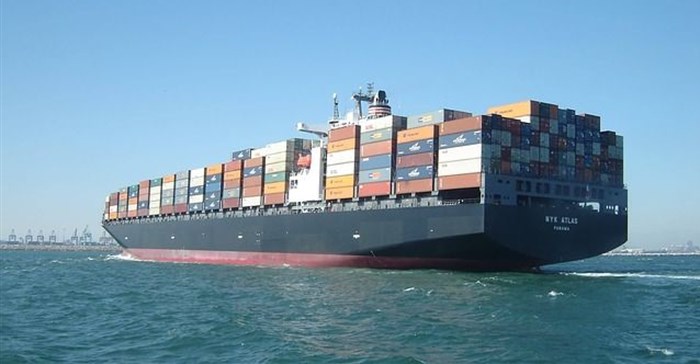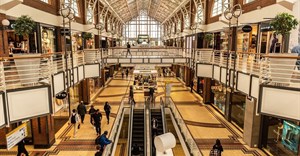
Subscribe & Follow
Growing need for greater, tech-enabled supply chain visibility

“It’s about transparency and control. Knowing the fastest or most viable route to market or having insights into pockets of information about suppliers, possible trade route delays and container loads could go a long way to mitigating operational and consumer risks,” says Adam Orlin, CEO of Investec Import Solutions.
The company's BlueLink online system was launched to address this need, providing importers with a full view of their transactions. "BlueLink enables Investec Import Solutions customers to optimise their inbound supply chain from booking forex, controlling inventory in transit, reducing shipping times, pre-clearing goods, managing cartage from port to warehouse and scheduling delivery of goods – all while ensuring supplier and end customer payment terms are matched for each shipment," says the company.
Technology a gamechanger
“As businesses continue to tighten their belts they need to understand the real costs of their imports and how to mine the process and information that technology is making available to them, to their advantage,” adds Orlin.
Experience, growth partners and technology are proving to be the enablers here. “Technology is changing the import game,” he says.
“Not only can it reduce costs, but it also provides for better monitoring and control of the state of the business strategy. Having access to innovative technology provides importers with improved management of their supplier relationships, costs and availability of product. Thanks to having detailed information right down to container level, importers are able to manage their inventory even whilst goods are in transit. This goes a long way to not only ensuring processes are streamlined, but that focus can be placed on the business rather than worrying about logistics.”
The Far East trade route to South Africa has experienced significant port congestion due to reduced vessel capacity, rolling backlogs and higher freight rates. Carriers are reporting up to six weeks’ delays in cargo booked out of ports in Brazil to South Africa, due to weak import volumes and the need to consolidate containers, not to mention the trade union strike in June which is still having knock-on effects. Furthermore, as of 1 August 2017, many carriers have implemented their General Rate Increase on a number of trade lanes.
“It’s difficult to determine where the industry is moving to, but one thing is certain – getting the import value chain right will be critical and the only way to do that is to ensure importers have greater visibility to make the right decision not only for their businesses, but for the growth of the economy as a whole,” concludes Orlin.













